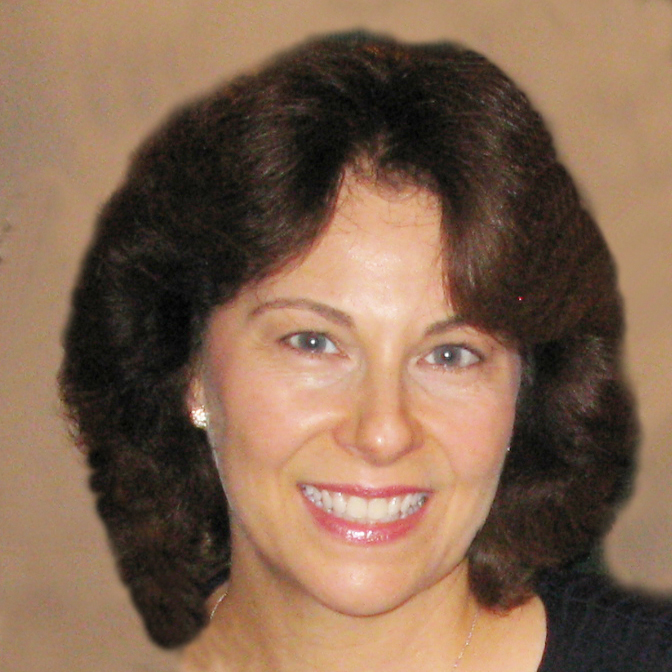Forgive Us Our Sins
As we forgive those who sin against us. When we pray the Our Father (also known as The Lord’s Prayer), we always mean the first part, but do we really mean the second part? If we are honest with ourselves, we all squirm a little on this one. We all want to be forgiven, but extending that forgiveness to those who have hurt us or our family members is much more difficult. So, is this “forgive us as we forgive others” a lofty ideal to which we aspire, or is absolutely essential that we do it? Can we do it?
The Church is full of examples of heroic virtue, including modern saints like Mother Teresa (now St. Teresa of Calcutta) and Pope St. John Paul II. These saints often seem so high above us that we often think “Oh, I’ll never make it that far,” even though they were people just like us who simply chose to love God. So today I am writing about an ordinary person that inspired me: Betsie TenBoom. I learned about Betsie in high school when I read The Hiding Place by Corrie TenBoom. Corrie recounts how she and her sister Betsie, devout in their Dutch Reformed faith, chose to hide Jews from the Nazis after the invasion of Holland. When the Nazis stormed the TenBoom home, they didn’t find the hidden Jews but they did find the extra ration cards which were illegal to possess. Betsie and Corrie were sent to Ravensbruck, a concentration camp. Miraculously, they smuggled in their Bible and shared their faith with many who had lost hope. Betsie maintained a disposition of gratitude, even thanking God for the fleas because it kept the guards out of their dormitory so they could read the Bible to their fellow inmates undisturbed. Betsie always told Corrie “no hate” and continually prayed for the souls of the guards even though she was frequently beaten by them. Even Corrie was amazed at Betsie’s forgiving heart and steadfast focus on God. As she lay dying in the infirmary, she told Corrie, “When you leave here you must tell people that there is no pit so deep that God’s love is not deeper still. They will believe you because you have been here.” These words have remained with me my whole life.
Forgiveness is possible, but why is it so necessary that Jesus devoted several parables to it? Forgiveness is more about us than it is about those who have wronged us. When we choose not to forgive, we hold onto anger for so long that it turns into either rage or depression. We then harm not the transgressor, but those around us as well as ourselves. Forgiveness does not mean letting the transgressor “get away with it,” it means letting ourselves get away from it.
Forgiveness is an act of the will. We will ourselves to forgive. By choosing to put down this burden we carry, we free ourselves to open our arms wide to receive the embrace of Jesus. When we allow ourselves to be embraced by Him, He can then heal our wounds and give us His peace. “There is no pit so deep that God is not deeper still.”
Forgiveness is like throwing a stone into a still pond and seeing the ripples reach the shore. Just as evil, even evil done in secret, affects the entire world, so too does every good act we do, especially when we do it for love of Jesus. When we extend the mercy we have received from Our Lord to others, it multiplies beyond what we can see. Forgiveness therefore brings many graces of mercy, not only upon ourselves, but upon our world.
We know that Christ died once for all sin, but He still suffers when we sin today. This is part of the mystery of the mystical body of Christ. We suffer from sin, but as the head of our mystical body, He suffers too. When we embrace mercy to the point of praying for those who have harmed us, our prayers assist in their conversion and their conversion ameliorates the suffering of Jesus. So even if we struggle to love our neighbor, we can pray for our neighbor because we love Jesus and want to ease His suffering. This love for Him which compels us to pray for others transforms our own hearts and creates a home in which Jesus can dwell. This is the essence of “Thy Kingdom come, Thy will be done on earth as it is in Heaven.” We can experience Heaven on earth, knowing the peace of God, when we allow God’s mercy to dwell in our hearts. This is the mercy and peace that Betsie experienced, even in a concentration camp. “There is no pit so deep that God is not deeper still.”
Reference: Boom, Corrie Ten, et al. The Hiding Place. Hendrickson Publishers, 2015.


